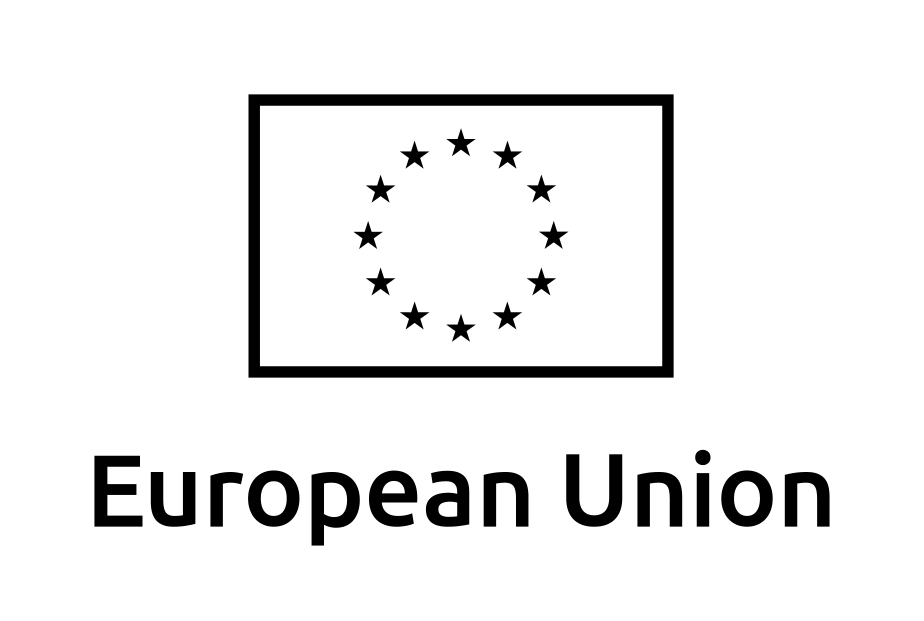“Genealogies of Memory” conference
Call for Papers
Genealogies of Memory: The Holocaust between Global and Local Perspectives
Submission deadline: 31 May 2020
4 May 2020
The aim of the conference is to assess the current state of Holocaust memory research. The context for this is, on the one hand, the globalisation and universalisation of the meaning of the Holocaust and, on the other, the more recently postulated empirical turn in Holocaust (memory) studies, towards primary texts and sources as well as local spaces and materialities (e.g. forensic studies, environmental Holocaust studies), or the use of a grounded research perspective with regard to Holocaust memory and education.
We want to discuss the interplay between the universal (global, transnational) scale of Holocaust memory and that anchored in the endemic space and culture of historical experience (local, ethnic, national). We are interested in the influences between the diverse mnemonic scales, including both mutual inspiration and conceptual misuses: thus the question of the ontological and ethical limits of mnemonic universalisation, on the one hand, and of micro contextualisation of memories on the other.
We invite scholars of various disciplines to reflect on these issues based on their research of social and cultural memories in various dimensions: from linguistic and textual, through institutional, political, psychological, up to material, spatial and technological. We propose the following blocks of discussion, but other proposals are welcome as well:
– Theoretical concepts and approaches – interconnections between national, transnational and global frameworks of Holocaust memory studies; a critical history focusing on the globalisation process of Holocaust Memory Studies, e.g. reconciliation and conflict in memory politics, global values and local sites of genocide;
– Local historiographies and global challenges – national and local traditions of history writing, their narrative and thematic structures, and methodologies applied; the impact of international knowledge transfer; the phenomenon of Holocaust denial in contemporary societies;
– Languages – significance of endemic languages of Holocaust victims (also in the context of contemporary Holocaust Studies methodology), language stratification according to various social backgrounds of language practitioners; different genres of sources, including testimony, and the challenge of, or misuse by, globalisation;
– Memory landscapes – national and local (non-)sites of traumatic memory and their discursive environments; socio-spatial forms and practices of remembering and oblivion; troubled histories and competitive victimhoods in local memory landscapes;
– Materialities of memory – localisation of the Holocaust, including ghettos, by studying material remains, the (im)possibility of globalisation of local material legacies; local collections – practices of archiving and musealisation aiming at preserving and presenting the artefacts of the Holocaust;
– New media and technologies – their role in documenting, archiving and commemorating local histories related to the Holocaust; transmission of knowledge about local legacies to global communities;
– Memory institutions and agents – the global meets the local: transnational institutions in conjunction with local initiatives; local communities’ reception of, and involvement into, transnational actions; the impact of international institutional memory policies at national level;
– Tourism – the ethics and aesthetics of dark tourism and heritage routes.
Organisational information
We encourage applicants to send abstracts at a maximum of 350 words, together with a brief biographical statement and the scan of signed “Consent Clause of the conference abstract provider” to genealogies@enrs.eu by 31 May 2020.
The results will be announced by 30 June 2020.
Written draft papers (2,000- 2,500 words) should be submitted by 15 October 2020.The conference is planned to be held in Warsaw, on 25-27 November 2020.
We assume that it will be possible to organise the conference at this date and venue. However, taking into account the changing circumstances, we are also aware of the fact that it may be affected by the current coronavirus pandemic. For these reasons, please follow our ENRS website (enrs.eu) and Facebook profile, where we will inform you of any new decisions regarding the situation.
The conference language is English.
Organiser:
European Network Remembrance and Solidarity (ENRS)
European Network Remembrance and Solidarity (ENRS) is an international undertaking aimed at the study, documentation and dissemination of knowledge on the history of 20th century Europe and forms of its commemoration with particular consideration to periods of dictatorship, war and social upheaval in the face of oppression. Network members are: Germany, Poland, Slovakia, Hungary and Romania. Albania, Austria, the Czech Republic, and Georgia have observer status. More: www.enrs.eu
Partner institutions:▪ Jewish Historical Institute, Warsaw▪ Institute of Sociology, University of Warsaw▪ Memorial to the Murdered Jews of Europe, Berlin
Institutions invited to academic discussion:▪ Faculty of Polish Studies, Jagiellonian University, Cracow▪ Warsaw Ghetto Museum ▪ Vienna Wiesenthal Institute for Holocaust Studies▪ German Historical Institute, Warsaw▪ The Ghetto Fighters’ House Museum, Israel▪ Holocaust Memorial Center, Budapest▪ Mémorial de la Shoah, Paris
Conference Committee:▪ Małgorzata Pakier, ENRS (Convenor); Małgorzata Wosińska, JHI (Convenor)▪ Małgorzata Głowacka-Grajper (Warsaw University), Lior Inbar (The Ghetto Fighters’ House Museum), Adam Kerpel-Fronius (Memorial to the Murdered Jews of Europe), Audrey Kichelewski (Mémorial de la Shoah), Tamás Kovács (Holocaust Memorial Center), Béla Rásky (Vienna Wiesenthal Institute for Holocaust Studies), Roma Sendyka (Jagiellonian University), Paweł Śpiewak (Jewish Historical Institute), Hanna Węgrzynek (Warsaw Ghetto Museum), Zofia Wóycicka (German Historical Institute)▪ Gábor Danyi, ENRS (Project Coordinator)
CONSENT CLAUSE OF THE CONFERENCE ABSTRACT PROVIDER:
I, the undersigned __________________________, declare that, having been informed about the rules governing the processing of my personal data in the future as well as my rights in that regard (having read the document ‘Information Duty’), I hereby grant my voluntary consent to:the processing by the Institute of European Network Remembrance and Solidarity seated in Warsaw, acting on the basis of an entry into the register of cultural institutions kept by the Minister of Culture and National Heritage under the number of RIK 90/2015 of my personal data disclosing my racial or ethnic origin, political views, religious or worldview-related convictions, i.e. the personal data submitted by me in the application form submitted in reply to the Call for Papers of the Genealogies of Memory conference entitled “Holocaust Between Global and Local Perspectives” to be held on 25-27 November 2020 in Warsaw (‘Conference’), for the purpose of selecting proposals of papers – abstracts for the Conference.
SIGNATURE:___________________________

